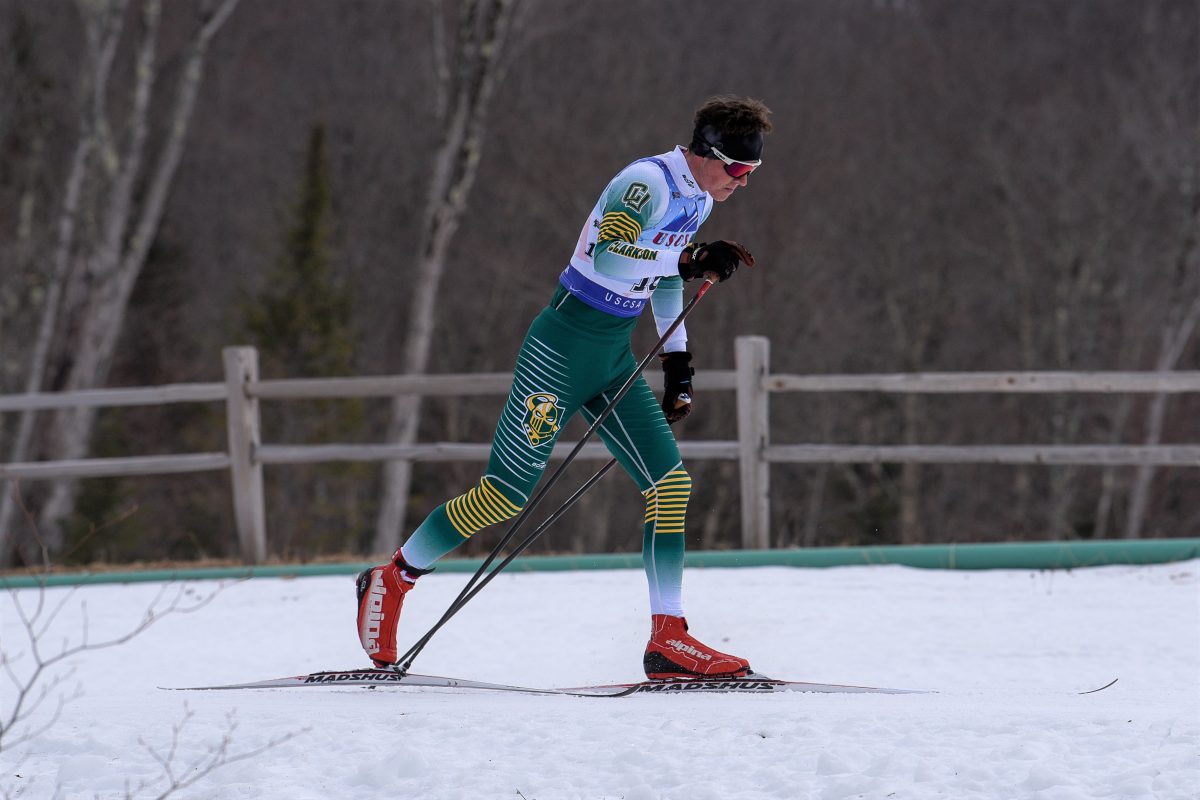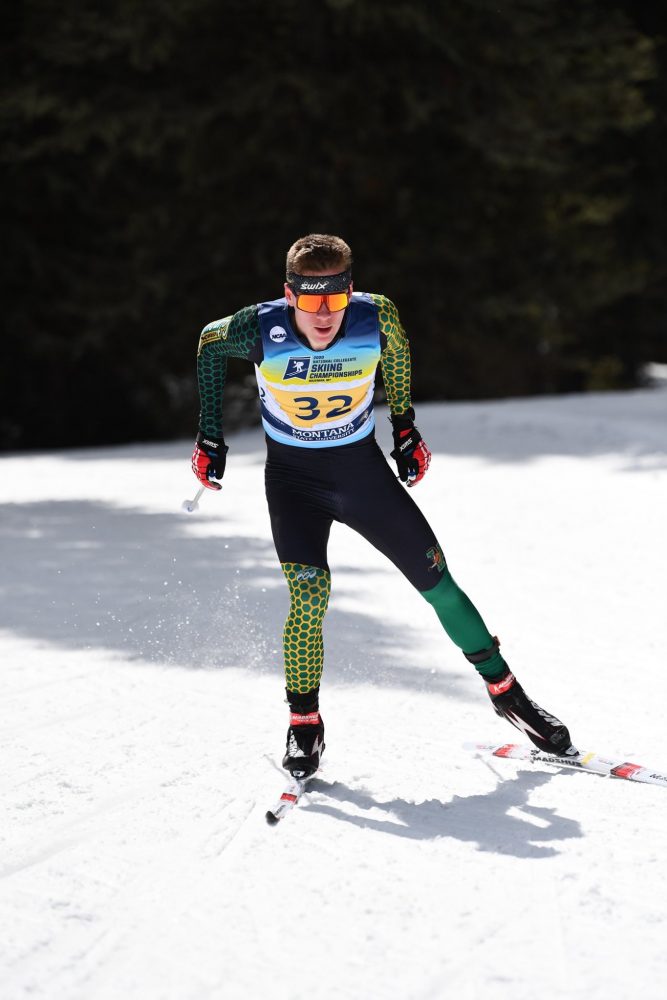
Nikolai Pankratov’s fate will be decided by the International Ski Federation (FIS), FasterSkier learned Thursday.
FIS officials have refused to acknowledge the existence of a case against the Russian cross-country skier, who reportedly was caught at the Swiss border last week with intravenous equipment and 22 vials of Actovegin, a suspicious—but not banned—drug.
But in an e-mail to FasterSkier on Thursday, Russia Anti-Doping Agency (RUSADA) Deputy Director Igor Zagorskiy confirmed that Pankratov’s alleged violations fell under the purview of FIS.
“As we know, Nikolai Pankratov was crossing the border with ampoules of Actovegin together with [equipment] for intra-venous injections,” Zagorskiy said. “Pankratov is on [the] FIS Registered Testing Pool, so it is FIS jurisdiction.”
The Registered Testing Pool that Zagorskiy refers to is a list of the world’s best skiers, who are tested frequently and must update FIS with their whereabouts. While the names on the list are not published, a FIS press release from February pegged the number of athletes in the pool at 486 across six different skiing disciplines—which averages out to the top 40 athletes per sex, per sport.
Normally, athletes caught using a prohibited substance are tried by the body that conducted the testing—whether that is an international sport federation, like FIS, or a national testing agency, like RUSADA.
Pankratov’s case is different, because he was caught in possession of a banned substance—or in this case, a banned method, in the form of the intravenous equipment.
These violations are known as “non-analytical positives,” and jurisdiction in such cases usually depends on the athlete’s ability, according to World Anti-Doping Agency spokesman Frédéric Donzé. Internationally-competitive athletes are generally tried by their sport federations, while nationally-competitive athletes usually fall under the auspices of their national testing agencies. Pankratov, it appears, was considered to be internationally-competitive.
Contacted by FasterSkier over the weekend, FIS Secretary General Sarah Lewis refused to comment on Pankratov’s status, writing that “at this stage, there is nothing we can say about a case or otherwise.”
But if standard procedures are followed, Pankratov will go before a three-person panel chosen from a pool of experts pre-selected by FIS. The panel will hear the case and rule on whether or not Pankratov committed a violation; if he is unsatisfied with the outcome, he can appeal to the Court of Arbitration for Sport.
Under its anti-doping rules, FIS does not have to release any information about Pankratov’s case until 20 days after the panel has made a decision—and even then, only if he is found guilty.
Nathaniel Herz
Nat Herz is an Alaska-based journalist who moonlights for FasterSkier as an occasional reporter and podcast host. He was FasterSkier's full-time reporter in 2010 and 2011.



